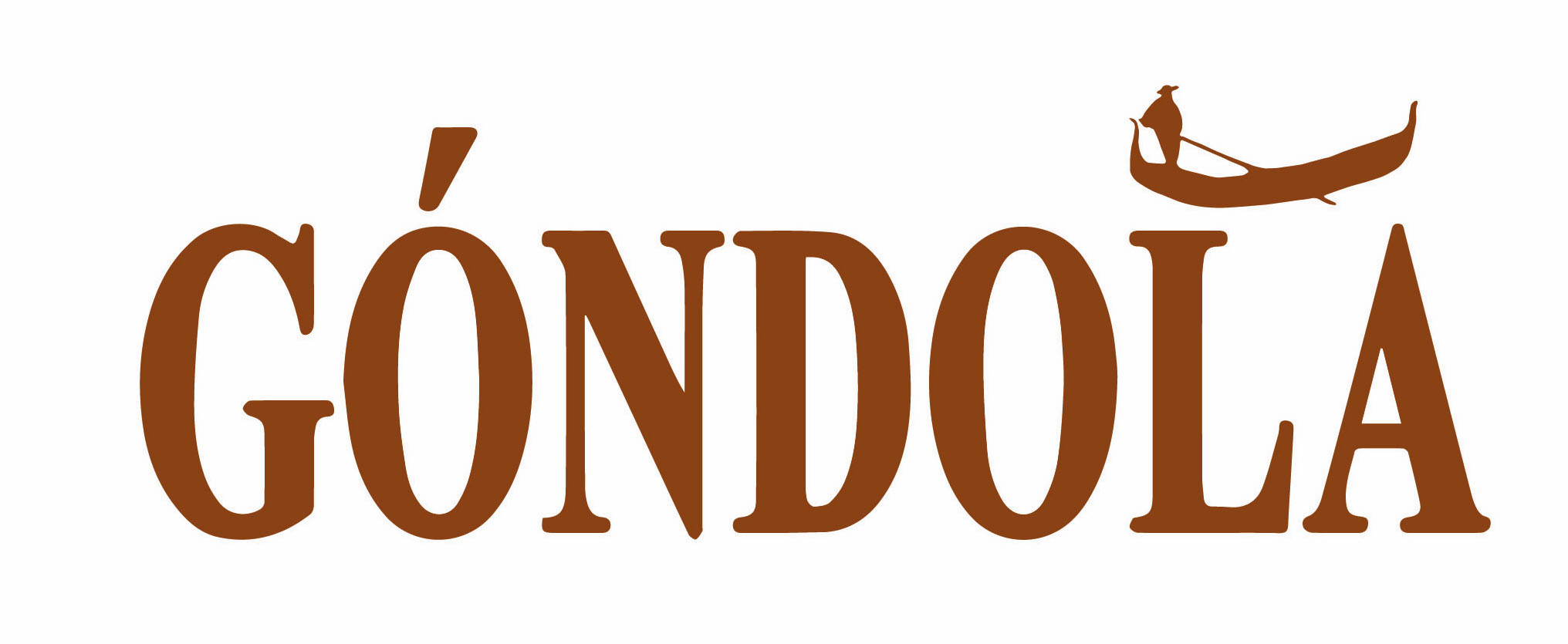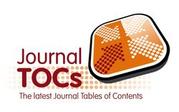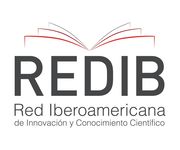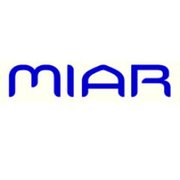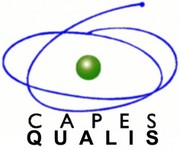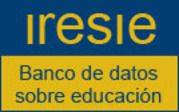DOI:
https://doi.org/10.14483/23464712.5038Published:
2012-01-01Interacciones discursivas e indisciplina en clases de ciencias de sexto grado, estudio de caso
Discursive interactions and indiscipline in science classes of basic education, a case study
Keywords:
Science Teaching, Teachers Formation, History of Science, Teaching Knowledge’s. (en).Keywords:
enseñanza de las ciencias, indisciplina, procesos interactivos (es).Downloads
Abstract (es)
En esta investigación, buscamos analizar como se dan y cual es la calidad de las interacciones discursivas durante los procesos de enseñanza y aprendizaje emprendidos en la clase de Ciencias. Para esto, realizamos observaciones de once clases de ciencias de un curso de sexto grado de Educación básica en una escuela pública del municipio de Jaboticabal (São Paulo, Brasil). Los resultados, analizados a la luz del referencial vigotskiano, indican que los procesos interactivos son permeados por situaciones de indisciplina en las cuales la profesora perdía el control frente a la excesiva conversación e desplazamiento de los estudiantes. En este contexto, encontramos una polaridad en las relaciones de interacción del caso estudiado: por un lado, la interacción profesor-alumno se basa en el control del comportamiento de los estudiantes y la imposición de autoridad de la profesora; por otro lado, las interacciones alumno-alumno se manifiestan con un movimiento de resistencia a la figura docente. De este modo, las interacciones alumno-alumno son interpretadas por la profesora como comportamientos indisciplinados que necesitan ser controlados y/o extinguidos.
Abstract (en)
In this research, we analyzed how the discursive interactions occur and their quality. It was considered both interactions, the teacher-student type as well as student-student one, during the teaching-learning process that took place in science classes. We made observations of eleven science lessons in a fifth grade (sixth year) of the elementary school in a public school Jaboticabal (São Paulo, Brazil). The results, which were analyzed based on the Vygotskian referential, indicate that the interactive processes are fraught with cases of indiscipline in which the teacher lost control of the situation due to the excessive talking and movement of the students. In this context, we find a polarity in the interactive relations in the studied case: first, the teacher-student interaction is intended to control the behavior of the students and to impose the teacher’s authority; on the other hand, the student-student interactions function as a way to display resistance to the presence of the teacher. Therefore, the student-student interactions are interpreted by the teacher as disruptive behaviors that need to be controlled and/or extinguished.
References
BECKER, F. A epistemologia do professor: o cotidiano da escola. 2. ed. Petrópolis: Brasil, 1994.
BOGDAN, R. C.; BIKLEN, S. K. Investigação qualitativa em educação: uma introdução à teoria e aos métodos. Porto: Portugal, 1994.
LEMKE, J. L. Aprender a hablar ciencia: lenguaje, aprendizaje e valores. Barcelona: Espanha, 1997.
LÜDKE, M.; ANDRÉ, M. E. D. A. Pesquisa em educação: abordagens qualitativas. São Paulo: Brasil, 1986.
OLIVEIRA, M. K. Vygotsky e o processo de formação de conceitos. In: LA TAILLE, Y.; OLIVEIRA, M. K.; DANTAS, H. Piaget, Vygotsky, Wallon: teorias psicogenéticas em discussão. São Paulo: Brasil. 1992. p. 23-34.
OLIVEIRA, M. K. Vygotsky: aprendizado e desenvolvimento: um processo sócio-histórico. 2. ed. São Paulo: Brasil, 1995.
REGO, T. C. R. A indisciplina e o processo educativo: uma análise na perspectiva vygotskiana. In: AQUINO, J. G. (Org.). Indisciplina na escola: alternativas teóricas e práticas. São Paulo: Brasil, 1996. p. 83-101.
SÃO PAULO. Caderno do professor: Ciências, Ensino Fundamental – 5ª série. São Paulo: Brasil, 2009A. v. 1.
SÃO PAULO. Caderno do professor: Ciências, Ensino Fundamental – 5ª série. São Paulo: Brasil, 2009B. v. 2.
VIGOTSKY, L. S. Pensamento e linguagem. 3. ed.. São Paulo: Brasil, 2005.
VYGOTSKY, L. S. A formação social da mente. São Paulo: Brasil, 1984.
ZABALA, A. A prática educativa: como ensinar. Porto Alegre: Brasil, 1998.
How to Cite
APA
ACM
ACS
ABNT
Chicago
Harvard
IEEE
MLA
Turabian
Vancouver
Download Citation
License
Gondola, Ens Aprend Cienc. is an open-access publication, free of charge for authors and readers. The publication, consultation or download of the contents of the magazine does not generate any cost for the authors or the readers, since the Francisco José de Caldas District University assumes the expenses related to edition, management and publication. The peer evaluators do not receive any economic retribution for their valuable contribution. The work of all the actors mentioned above is understood as a contribution to the strengthening and growth of the research community in the field of Science Education.
As of December 1, 2018 the contents of the journal are published under the terms of the Creative Commons License Attribution-Noncommercial- ShareAlike 4.0 International (CC-BY-NC-SA 4.0), under which others may distribute, remix, retouch, and create from the work in a non-commercial way, give credit and license their new creations under the same conditions.
The copyright holders are the authors and the journal Gondola, Ens Aprend Cienc. The holders retain all rights without restrictions, respecting the terms of the license in terms of consultation, downloading and distribution of the material.
When the work or any of its elements is in the public domain according to the applicable law in force, this situation will not be affected by the license.
Likewise, we encourage authors to deposit their contributions in other institutional and thematic repositories, with the certainty that culture and knowledge is a good of all and for all.



